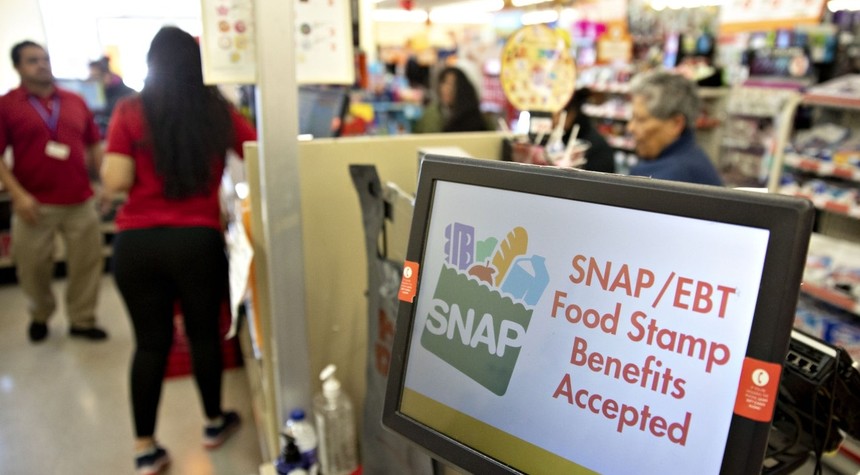The Trump administration finds itself in a constitutional showdown with a federal judge over who holds the purse strings when it comes to feeding millions of Americans.
On Friday, Justice Department lawyers filed an emergency appeal asking the First Circuit Court of Appeals to block a lower court order that would force the government to fully fund the Supplemental Nutrition Assistance Program by day’s end. The legal maneuver represents the latest chapter in an escalating dispute over food aid that currently supports 42 million low-income Americans.
U.S. District Judge John McConnell in Rhode Island issued a sharp rebuke to the administration on Thursday, ordering the Department of Agriculture to allocate $4 billion in alternative contingency funds to keep SNAP running through November. The judge gave USDA less than 24 hours to comply, an unusually tight deadline that underscores the urgency of the situation.
“It’s likely that SNAP recipients are hungry as we sit here,” McConnell stated from the bench before issuing his order.
The administration’s response pulls no punches. In their appellate filing, Trump’s legal team argues that McConnell has overstepped the constitutional boundaries separating the judicial and executive branches of government.
“There is no lawful basis for an order that directs USDA to somehow find $4 billion in the metaphorical couch cushions,” Justice Department lawyers wrote. They described the injunction as “unprecedented” and argued it “makes a mockery of the separation of powers.”
The legal clash centers on the administration’s decision to fund only 65% of SNAP benefits amid the ongoing government shutdown. Judge McConnell took particular issue with this approach, noting that the administration had failed to comply with his original order from the previous week requiring full funding before benefits were scheduled to lapse on November 1.
That date would have marked a historic first in the program’s 60-year existence.
The Trump administration’s position rests on a fundamental constitutional argument about congressional authority over federal spending. “This is a crisis, to be sure, but it is a crisis occasioned by congressional failure, and that can only be solved by congressional action,” their lawyers contended.
The stakes extend far beyond legal theory. SNAP provides federal food assistance to more than 41 million Americans each month, with the highest participation rates in New Mexico, Oregon, and Louisiana. The program represents a critical lifeline for millions of families navigating economic hardship.
The constitutional question at the heart of this dispute deserves serious consideration. Federal judges possess broad authority to interpret law and order compliance with existing statutes, but directing an executive agency to locate billions in alternative funding raises legitimate questions about judicial overreach into appropriations matters traditionally reserved for Congress and the executive branch.
Yet the human dimension cannot be ignored. Millions of Americans face the prospect of reduced or eliminated food assistance while lawyers argue over constitutional boundaries.
The First Circuit Court of Appeals now must weigh competing imperatives: upholding the constitutional separation of powers while addressing an immediate humanitarian concern affecting tens of millions of citizens. Their decision will likely come swiftly, given the Friday deadline imposed by the lower court and the urgent nature of the relief sought.
This legal battle illuminates the broader challenges facing government operations during the ongoing shutdown, where constitutional principles collide with practical governance and human need.
Related: Carville Suggests Democrats Could Win With Convicted Pedophile on Ballot Against GOP


